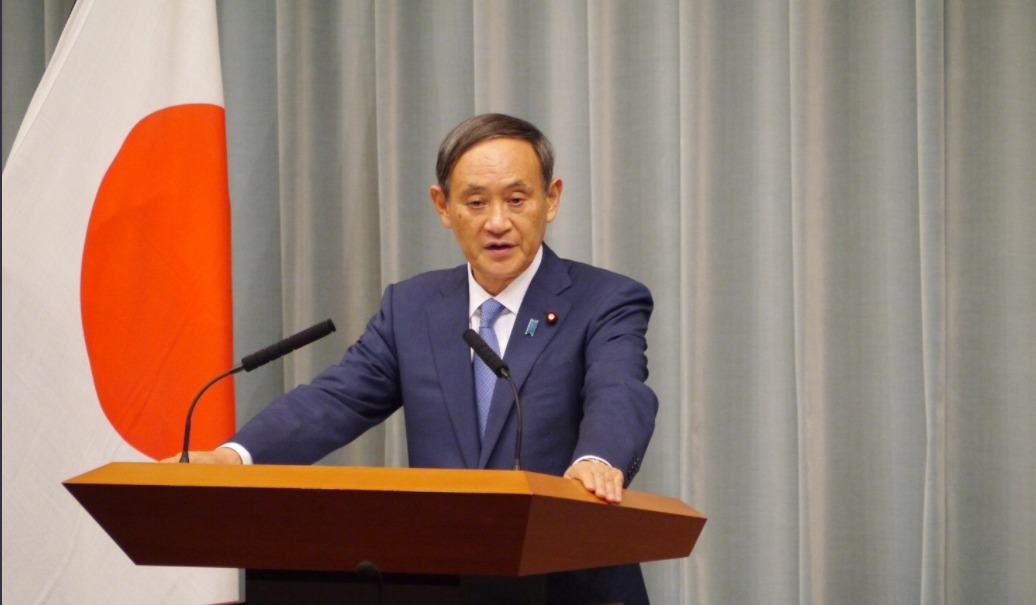Japan PM Suga under fire after rejecting scholars for advisory body
a direct result of wartime control of academia and science by the militarists," said Sophia University professor Koichi Nakano. The council, which tangled with Abe's government in 2017 after taking a sceptical stance on academic research with potential military uses, has demanded Suga explain his decision and appoint the six scholars.

- Country:
- Japan
New Japanese Prime Minister Yoshihide Suga is under fire for rejecting six scholars for membership in a science advisory body set up after World War Two, a move critics say violates the constitution's principle of academic freedom.
Suga, who took office last month after Shinzo Abe resigned, has enjoyed high support among voters who approve of his promises to deregulate, reduce mobile phone rates and digitalize services as he tries to revive the economy and contain COVID-19. But Suga's rejection of the six scholars - some of whom are known for criticizing past Abe policies - could stoke a furor that threatens his honeymoon with voters.
At issue is the influential 210-member Science Council of Japan (SCJ), set up after World War Two to provide independent scientific policy input. The body had included the six rejected scholars among 105 recommended for membership. Half of the council's members are chosen every three years.
Among the policies, the rejected scholars had criticized are Abe's reinterpretation of the pacifist constitution to allow troops to fight overseas, a historic shift for Japan's defense policies, and a 2013 state secrets act that sparked concerns about media freedom. Suga told reporters on Friday that his decision was "the result of an appropriate response based on the law."
Since 1983, the prime minister has appointed members based upon SCJ recommendations, and there is no precedent for rejecting those recommendations, political analysts said. "The constitution of Japan has a specific article just for academic freedom, which is ... a direct result of wartime control of academia and science by the militarists," said Sophia University professor Koichi Nakano.
The council, which tangled with Abe's government in 2017 after taking a skeptical stance on academic research with potential military uses, has demanded Suga explain his decision and appoint the six scholars. "I don't know at all why I was not appointed," one of the scholars, Waseda Law School professor Masanori Okada, told Reuters. "What I wrote (in the past) was that the government should act in accordance with the law. ... That is only natural."
Some conservatives have blasted the SCJ for what they say is a China-friendly stance. Okada denied the group has any special relationship with Beijing. University of Tokyo political science professor Shigeki Uno declined to comment directly on his rejection but stressed the importance of freedom of speech.
"The greatest strength of a democratic society is its ability to be open to criticism and constantly modify itself," he said in a statement to the media. Opposition parties have attacked the decision and demanded a public explanation from Suga.
(This story has not been edited by Devdiscourse staff and is auto-generated from a syndicated feed.)
- READ MORE ON:
- Yoshihide Suga
- Abe
- democratic
- Shinzo Abe
- Suga
ALSO READ
Atishi claims diabetic Arvind Kejriwal has lost 4.5 kg weight since arrest
No Labels won't run a third-party campaign after spending millions trying to recruit a candidate
Centrist group No Labels drops third-party White House bid
Centrist group No Labels drops third-party White House bid
Centrist group No Labels drops third-party White House bid, Wall Street Journal reports










